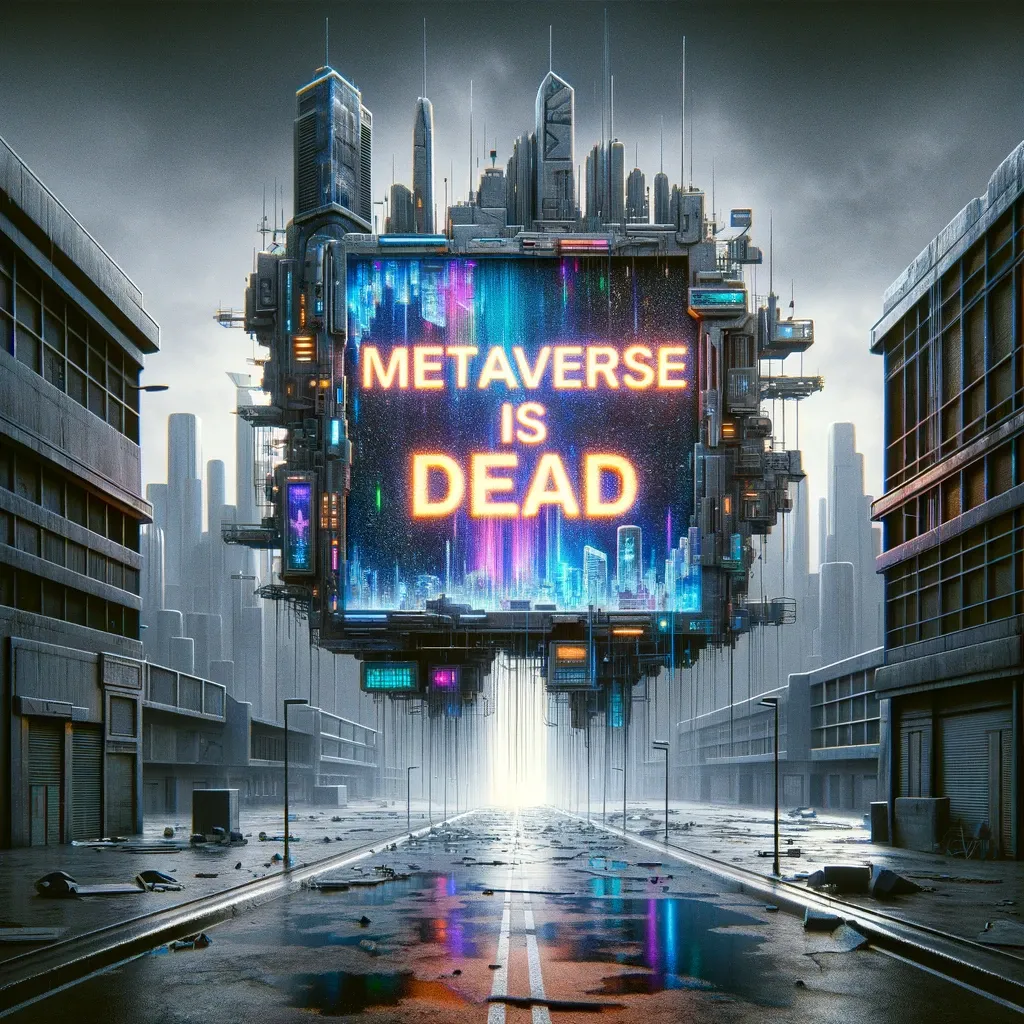
The implicit decision theory of non-philosophers
This paper empirically investigates whether people’s implicit decision theory is more like causal decision theory or more like a non-causal decision theory (such as evidential decision theory). We also aim to determine whether implicit causalists, without prompting and without prior education, make a distinction that is crucial to causal decision theorists: preferring something as a news item and preferring it as an object of choice. Finally, we investigate whether differences in people’s implicit decision theory correlate with differences in their level of future bias: the preference for positively valenced events to be located in the future and not the past, and negatively valenced events to be located in the past and not the future. We find that people are overwhelmingly non-causalists. We also find that implicit causalists do not make the distinction between news items and objects of choice, and that there is little to no correlation between people’s future bias and their implicit decision theory. We end by discussing the philosophical upshots of this work.
You must choose between taking (and keeping the contents of) (i) an opaque box now facing you or (ii) that same opaque box and a transparent box next to it containing $1000. Yesterday, a being with an excellent track record of predicting human behaviour in this situation made a prediction about your choice. If it predicted that you would take only the opaque box (‘one-boxing’), it placed $1M in the opaque box. If it predicted that you would take both (‘two-boxing’), it put nothing in the opaque box. (Ahmed, 2018, p. 1)




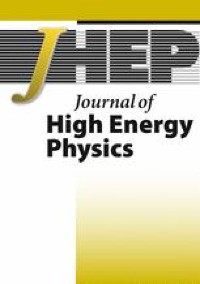


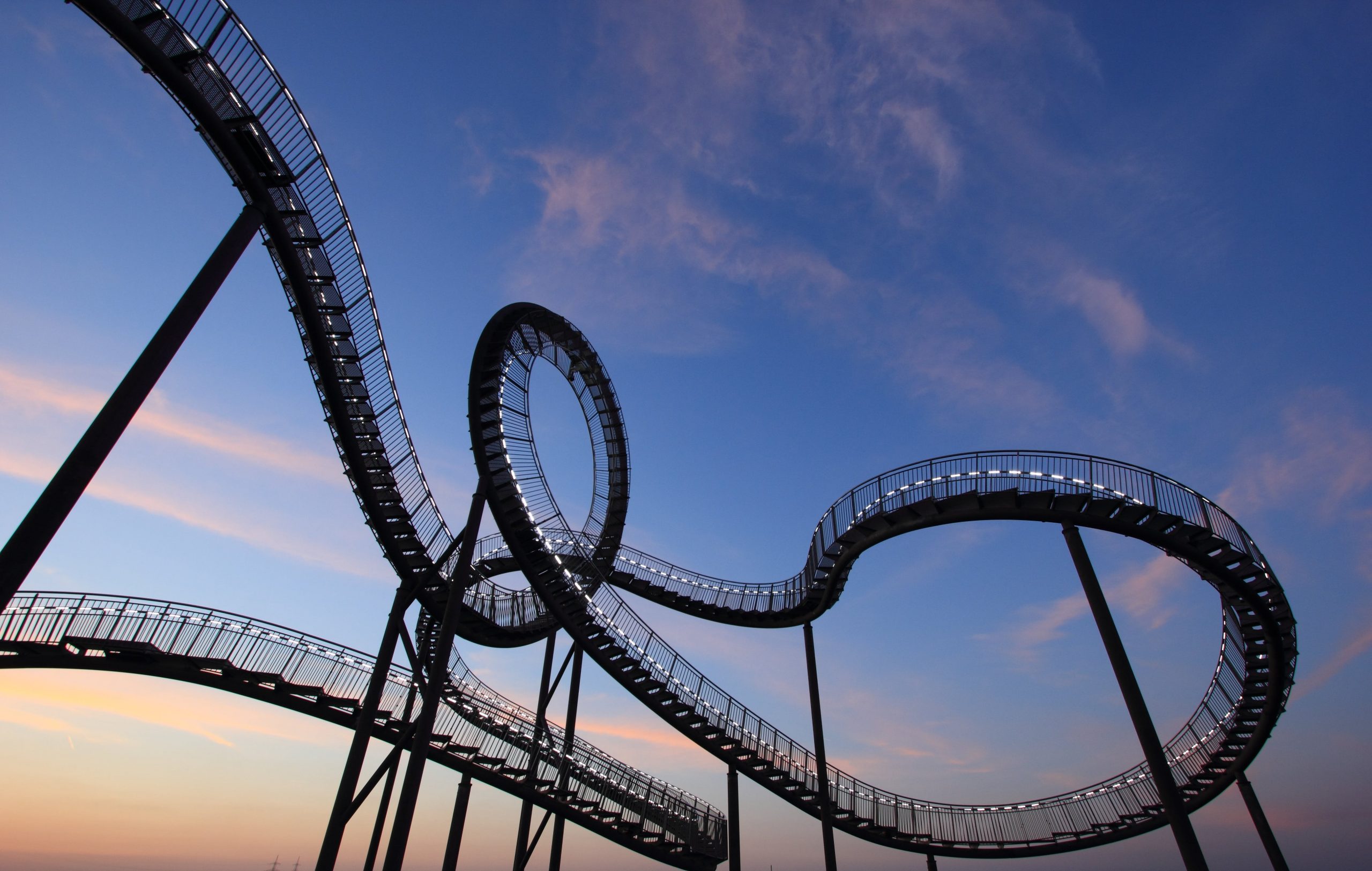




/cdn.vox-cdn.com/uploads/chorus_asset/file/23132594/zephyrprofronthero.jpg)

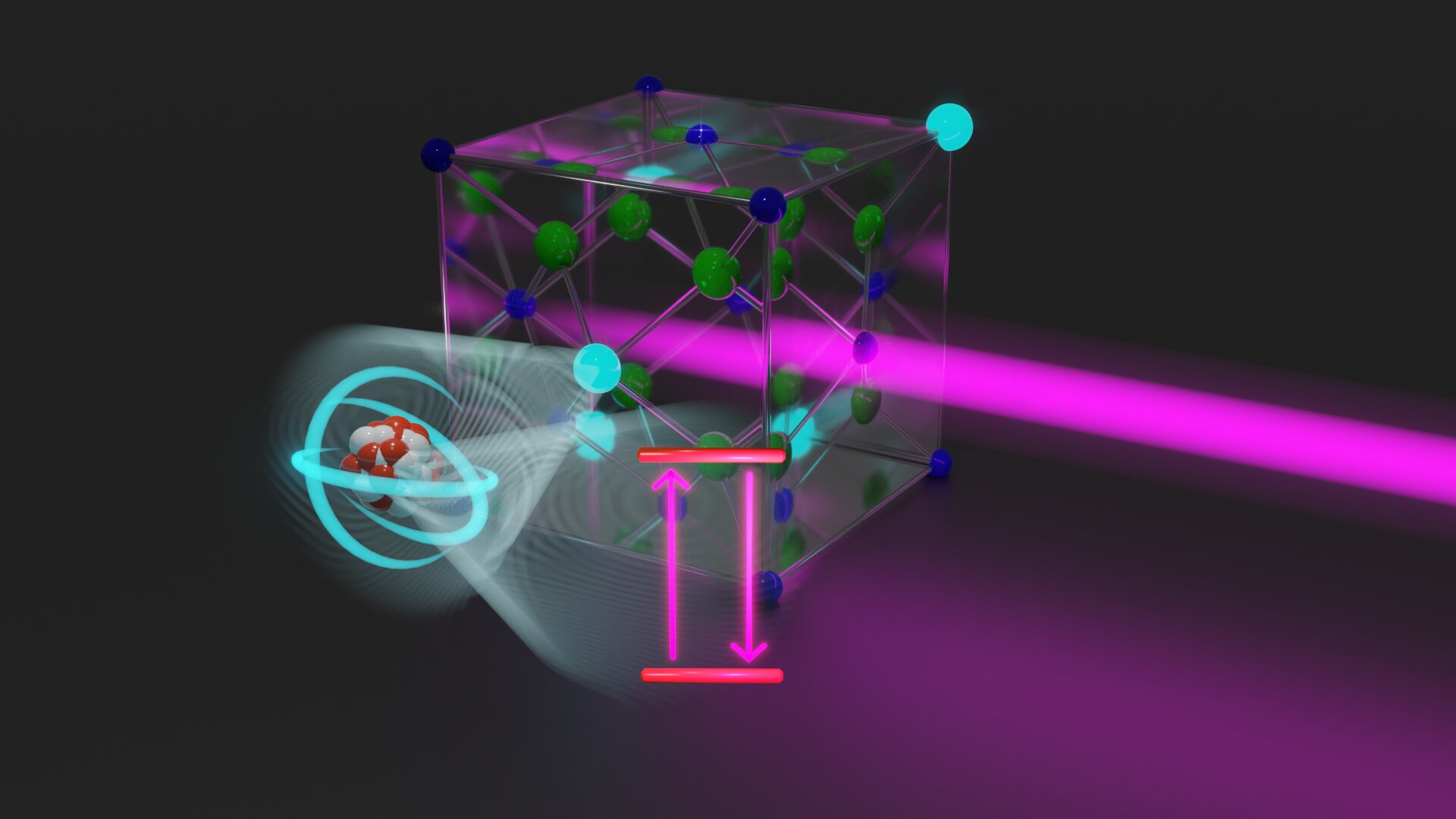
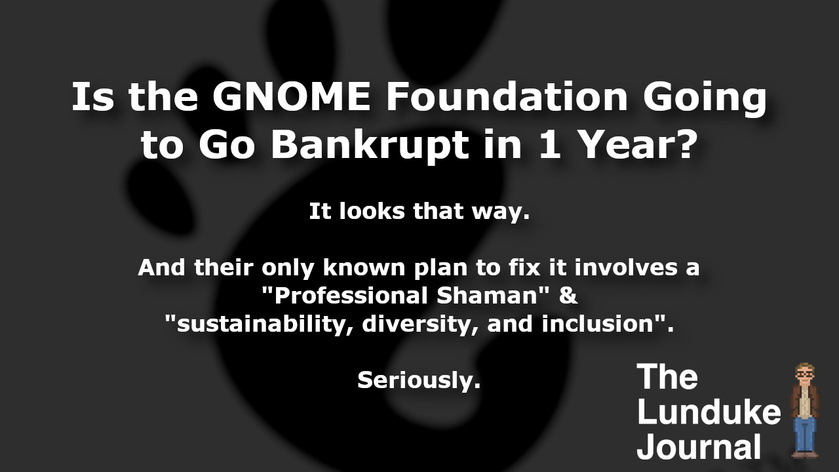

.png)
/cdn.vox-cdn.com/uploads/chorus_asset/file/24390406/STK149_AI_03.jpg)




